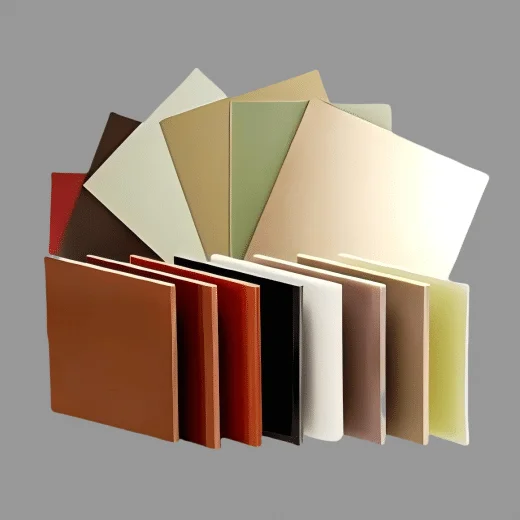Yilong insulation materials (subsidiary of Shandong Sida Industry Co.,Ltd.) has built a strong reputation since its inception in 1966 as a state-owned factory in Zhucheng, Shandong. Through significant transformations—including a pioneering shift to a joint-stock cooperative system—it evolved into a modern corporation with a registered capital of ¥61.56 million, over 1,300 employees, and total assets around ¥320 million .

A vertically integrated industrial group, Yilong comprises three key divisions: insulation materials, textiles and glass fiber. The insulation materials arm alone has an annual production capacity exceeding 13,500 tons, serving over 20,000 enterprises in the electric, electronics, and machinery industries. Since 2001, Yilong has also exported laminated insulation materials to markets like North America, South Korea, and Western Europe, Russia, Latin America and etc with export revenues surpassing USD 2.6 million .
The company’s main laminated insulation products include:
Epoxy Glass Cloth Laminated Sheets
Epoxy Glass Cloth Laminated Rods and Tubes
Phenolic Cloth Laminated Sheets
Phenolic Cloth Laminated Rods and Tubes.
Phenolic Paper Laminated Sheets
Phenolic Paper Laminated Rods and Tubes.
Mica products
Insulation Papers
Engineering Plastic Sheets, rods and tubes
Glass Fiber Fabrics
Equipped with modern infrastructure—hydraulic presses, plastic production lines, mica processing units, and an in-house glass fiber mill producing around 3,000 tons annually—Yilong Electrical Insulation maintains tight control over both material quality and cost efficiency .
Listed among the Top 100 Chinese insulation material manufacturers, Yilong holds a strong competitive position thanks to its comprehensive production capacity, integrated raw‑material sourcing, and dual focus on domestic and export markets .
Yilong aims to further strengthen its R&D, expand export channels, and reinforce its position in both high‑end insulation lamination and fiber - based industrial materials. With a robust legacy and diversified operations, the company is poised to continue supporting industrial clients with reliable, high‑performance insulation solutions.
For technical information or business inquiries, contact us at yilong@yilonginsulation.com.